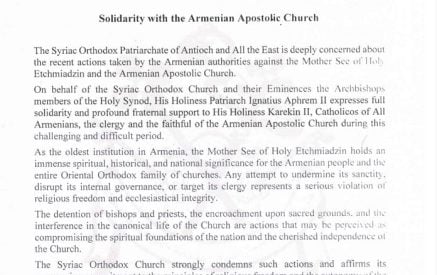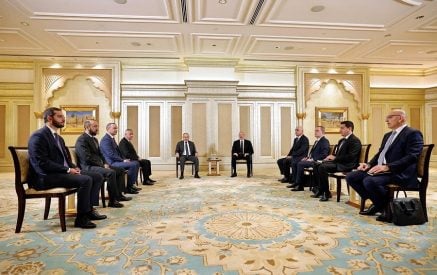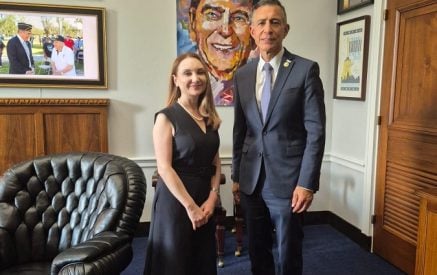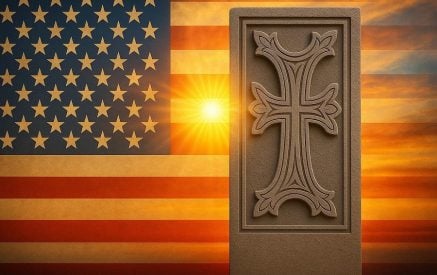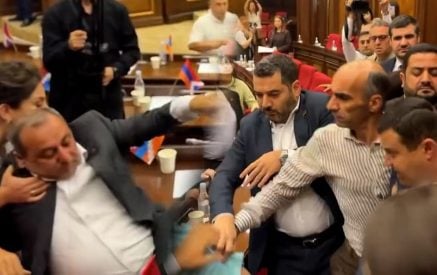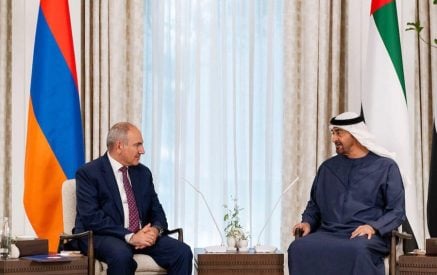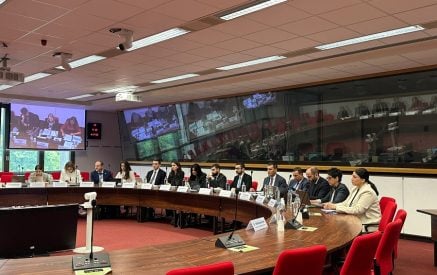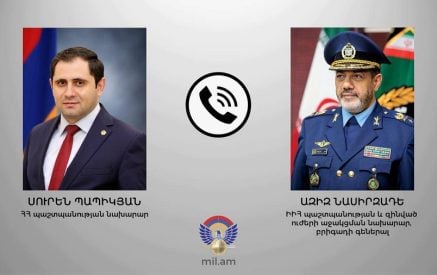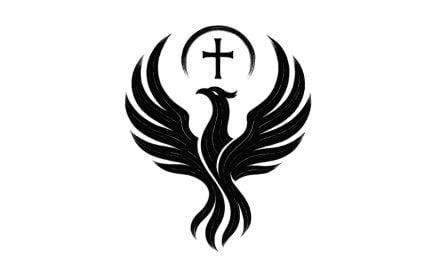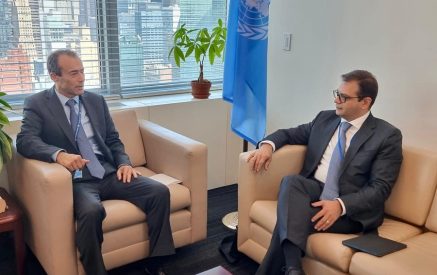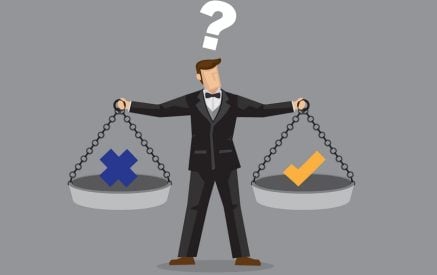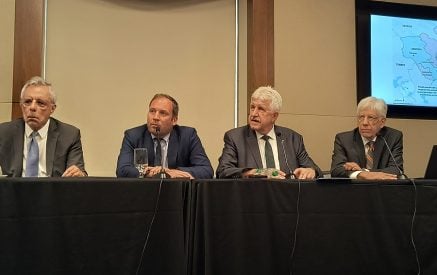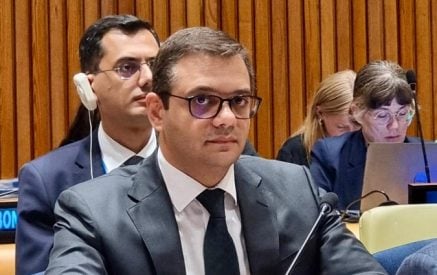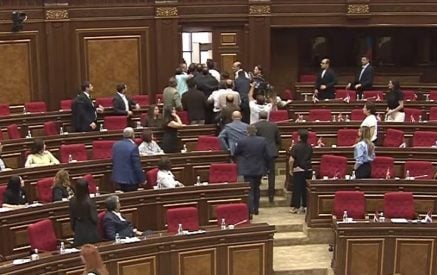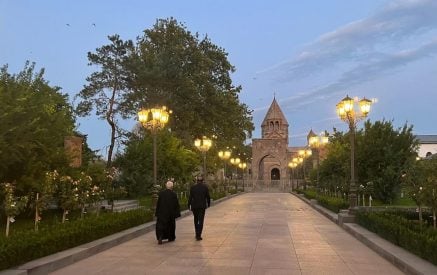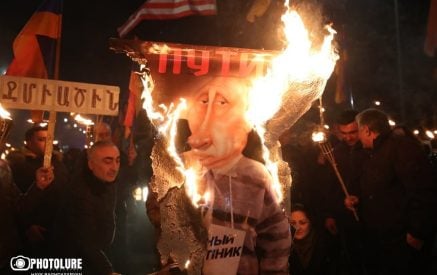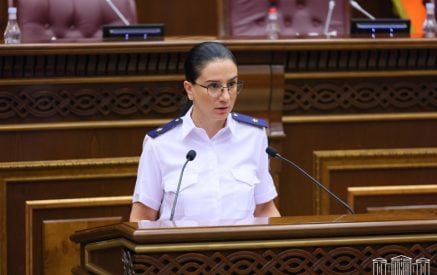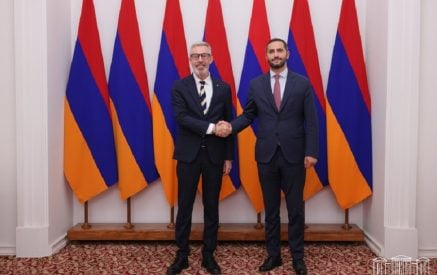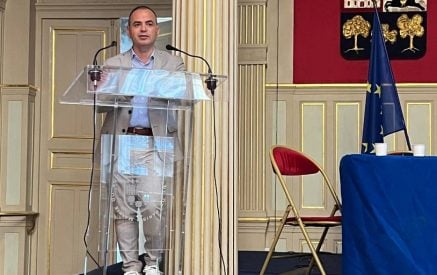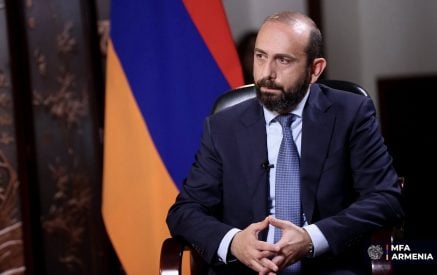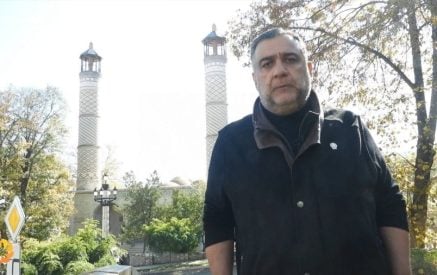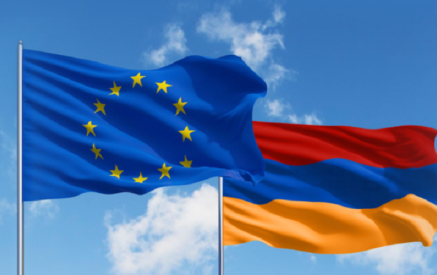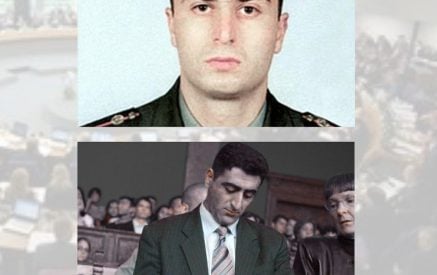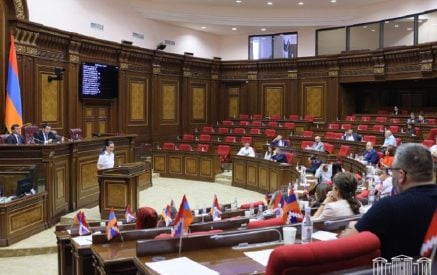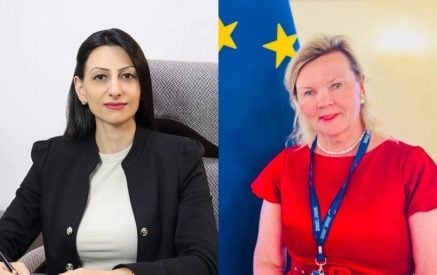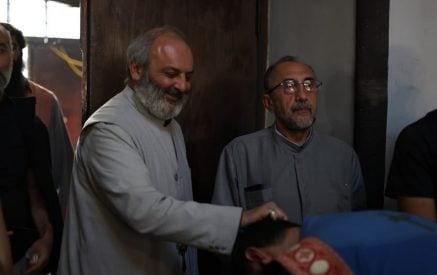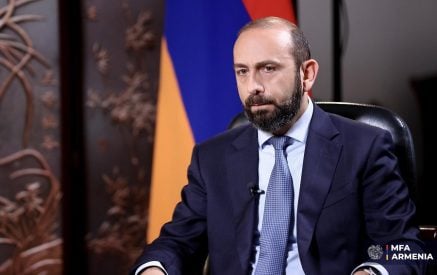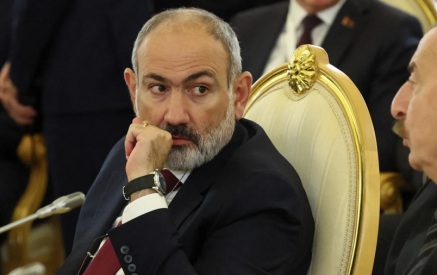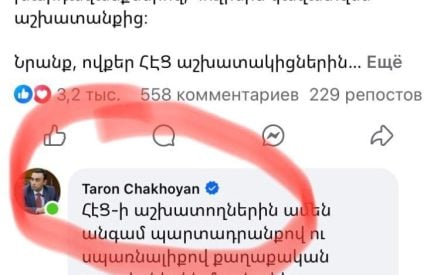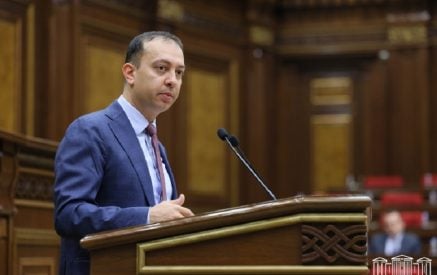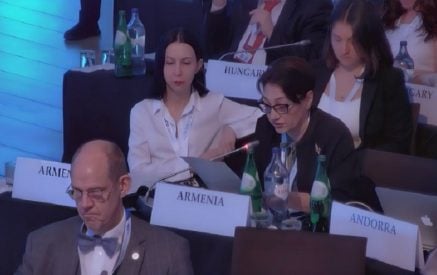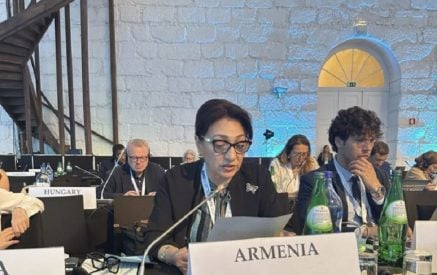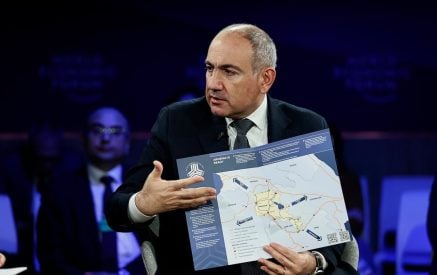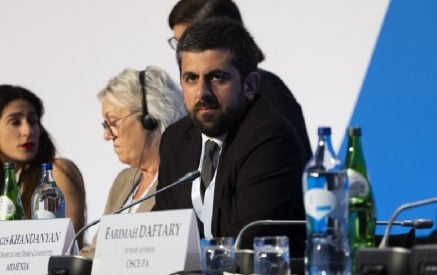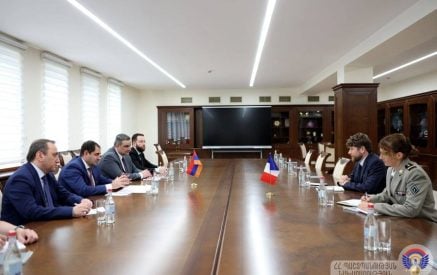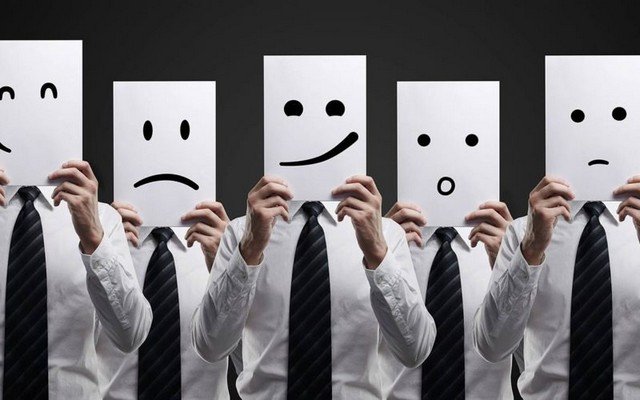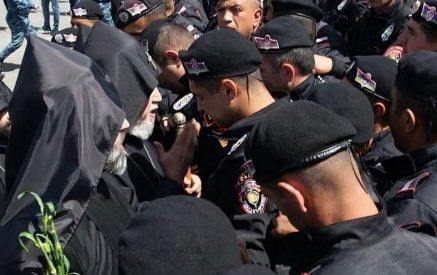The notorious results of the 44-Day War, of course, caused us to think once again about the question, “Who are our enemies and friends, in the end, and what should we do with them?” The answers to those questions vary and are spiced with conspiracy theories, as well as quite understandable emotions, to a greater or lesser extent. However, in reality, a lot of things directly related to the future of our statehood depends on that question and answers with substantiated answers that do not have excessive emotions.
Authoritarian regimes that are labeled as threats to American national security not only distort domestic political practices by turning them into a great evil on the heads of their own peoples, but they also distort foreign policy here and there and serve the interests of their own continuous reproduction. And depending on the “deviations” from the historical path of their own country (colonization, victory, or defeat in previous wars, or simply stating that so-and-so “does not like us”), they often build a foreign policy that has virtually nothing to do with the real interests of that country. And as a result, we receive both aggressive and neo-imperialist doctrines, and a degenerative desire to put their own country under the “roof” of others in exchange for their own immunity.
Well, as for the small countries in particular that also have the misfortune of being perceived as the “friend” of one country and the “enemy of another without having solved the problem of their own security, they also are often deprived of the opportunity to choose for various reasons. And if the case of the enemies can depend very little on their own desires, then the issue of friends is solved exclusively through conscious choices, and this is not conditioned only by authoritarianism and democracy.
At least in the case of Armenia, after 2020, several issues have become very regular and logical, and people have started to speak about them publicly, including the Prime Minister of Armenia. In particular, he noted that yes, Russia is our friend, but Turkey and Azerbaijan are not Russia’s enemies. Nikol Pashinyan is stating a fact, but that is not the entire truth. The truth is complete when we add to it that Russia’s relations with Baku and Ankara are more valuable than its relations with Yerevan. Moreover, the value of relations with Yerevan is derived from the value of the relations it has with Baku and Ankara and it has, to put it mildly, only “operative” significance. We must say this mildly in order to avoid saying that we are simply coins in their pockets that they are prepared to spread on the table with any force at any moment, in exchange for any favorable, albeit indecent offer.
Read also
God be with them. The last thing worth doing is getting angry at the Russians or especially accusing them of betrayal. And we are not traitors either when we begin to speak out about issues and come to conclusions. In the end, stating facts is not accusatory or rude. And thus, our enemies, those who consider us to be their enemies are not the enemies of Russia, and it is time for us to understand that.
However, are our enemies those whom Russia considers to be enemies? Is this issue not a legal one today? According to that logic, is the West also our enemy? According to Russian leadership, the West has been their enemy since the time of Ivan the Terrible, as, for example, the Secretary of the Security Council of Russia, Patrushev, says.
First, let’s begin from the fact that no, the West is not our enemy because it implemented sanctions against Russia and Belarus but not against us, or because it is expelling Russian diplomats and not Armenian ones, or that Biden is pointing his finger towards the Russians and not towards us, etc. Recently, information circulated in the Russian press according to which the Russian Ministry of Foreign Affairs intends to compile a list of “hostile countries,” which includes the United States, Lithuania, Latvia, Estonia, Georgia, Ukraine, Poland, the Czech Republic, and Great Britain. There are no enemies of Armenia here, and all these countries have friendly relations with Yerevan that need to be strengthened and not sacrificed for incomprehensible motives, “for the sake of a centuries-old friendship” as happened in the case of Ukraine in 2014, when, as the saying goes, “A hundred people still cannot pull out the stone thrown by a fool into the well.” Georgia is our best neighbor, the United States is the number one superpower in the world and a co-chair of the OSCE Minsk Group, which we also have friendly relations with. We also have wonderful relations with the Baltic states, and the Lithuanian Minister of Foreign Affairs recently paid an official visit to Yerevan.
We have excellent relations with Poland and the Czech Republic, but our relations with Great Britain remain incomprehensible; we still do not have an ambassador. They are made even more incomprehensible due to the large amount of semi-conspiracy theories, especially those fed from the “north” more so than anything that is substantiated, not to mention the “traditional” provincialism. Anyways.
It is noteworthy that, as we see, our enemies are not on Russia’s list of enemies. Of course, the anti-political nonsense about “brotherhood” will continue for a long time, but the fact is that by placing “folklore” and stereotypes into the “heads” of other countries, as well as mental laziness and building our own expectations and foreign policy, we will stand in front of the same broken trough as we did during the 44-Day War.
Meanwhile, in politics as well as in poker, everyone “plays” as they can, and as the Russians say, “There is no brother in poker.” And in Preferans, they say, “A teammate is better without two than you are without one.” So, why are we offended? If we must be offended, then we must be offended by those who do not know how to play the game and those who do not understand the game.
It is not necessary to be offended, but it should be out of our own interests to find out who is our enemy and who is our friend, and how to treat one another based on that instead of labeling it “our security” and throwing it into a garbage can where everyone else throws their fears, spiced with the provincialism of policy makers and the activities of agencies from different sides.
And the last question that inevitably rises from the unprecedented activity from the USA over the past 100 days. President Biden not only presents himself as a president of Americans, but as the absolute leader of the Free World. And thus, is democratic Armenia part of the Free World, or are its enemies part of that? And do we have an honest answer to that question for ourselves?
Naturally, not only will we receive the answer to this question with the results of the June elections, but also with our everyday work and behavior, as well as with our ability to appropriately provide that answer to the Free World. However, this is a very difficult task since the political class does not hold the belief that “Armenian salvation is not only through weapons” (changing the words to the Fedayi song), but, until taking up arms and replacing it with the melted butter of various unknown and not-so-sober “saviors,” we must have the institutional ability to recognize risks, research, and analyze, and do everything that is generally considered foreign policy.
In the end, the guiding beliefs of Armenian foreign policy can be one, by and large: to have as many friends as possible, to make those who are neutral into our friends, and to neutralize enemies.
Ruben Mehrabyan


